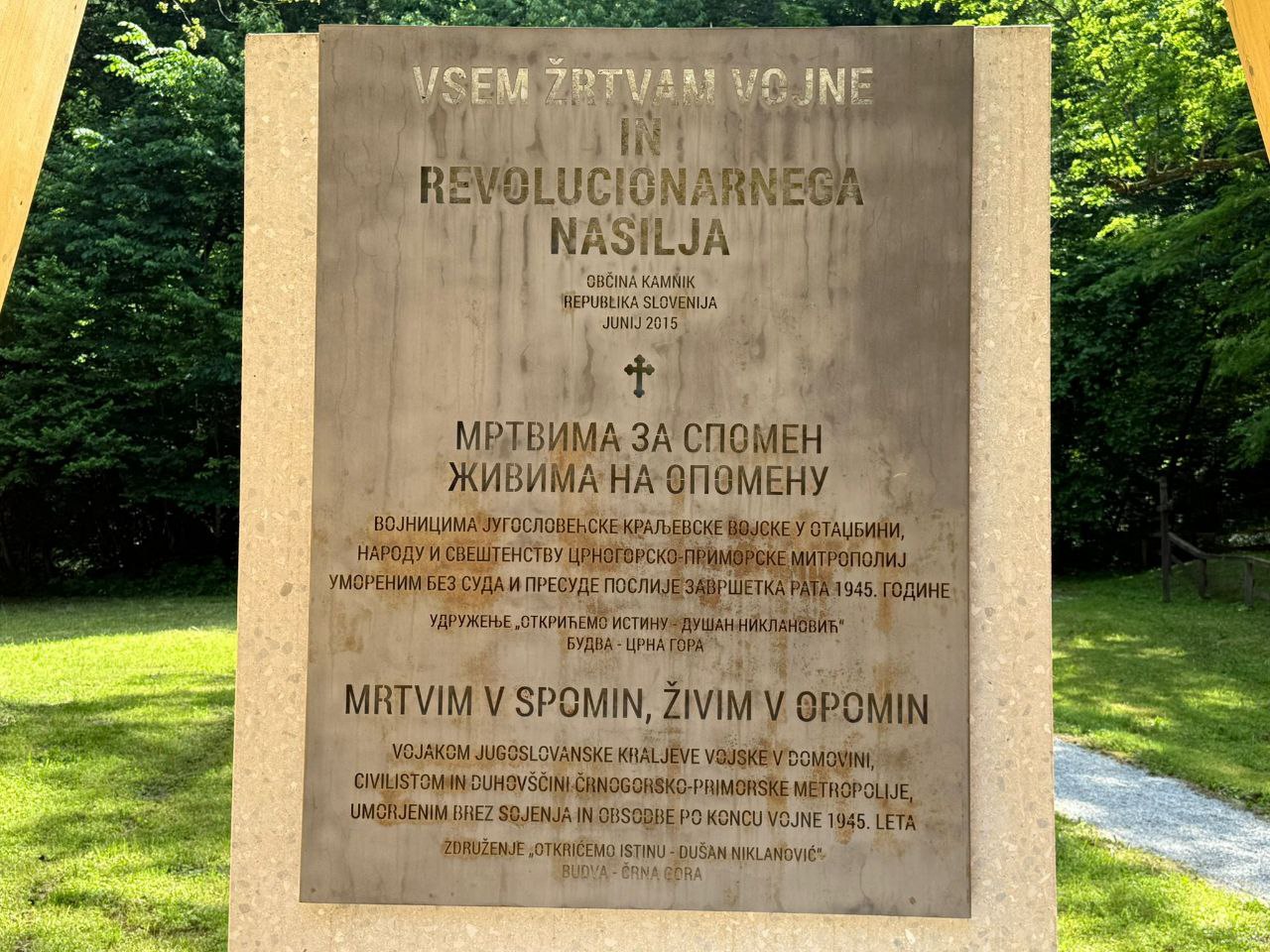The main topic of the article is the commemoration of 80 years since the communist crimes against ideological enemies after World War II. The article describes a monument and a place where soldiers, civilians, and others who were executed without trial and buried without names rest. It emphasizes the moral responsibility to not forget this truth and to honor the victims. This topic relates to historical memory and confronting the past, especially in the context of communist crimes in Yugoslavia. The other article is unrelated to this topic.
Political Perspectives:
Left: Left-leaning sources might emphasize the importance of historical context, possibly framing the events within the broader struggle against fascism and the complexities of post-war justice. They may highlight the dangers of nationalist revisionism and caution against one-sided narratives that could be used to fuel ethnic tensions.
Center: Centrist perspectives tend to focus on the importance of acknowledging all historical truths, including the crimes committed by all sides during and after the war. They emphasize reconciliation, remembrance, and the need for balanced historical accounts that honor victims without politicizing history.
Right: Right-leaning sources emphasize the recognition of communist crimes and the suffering of ideological opponents who were executed without trial. They often highlight the silence and suppression of these truths during the communist era and advocate for moral reckoning and justice for the victims.








